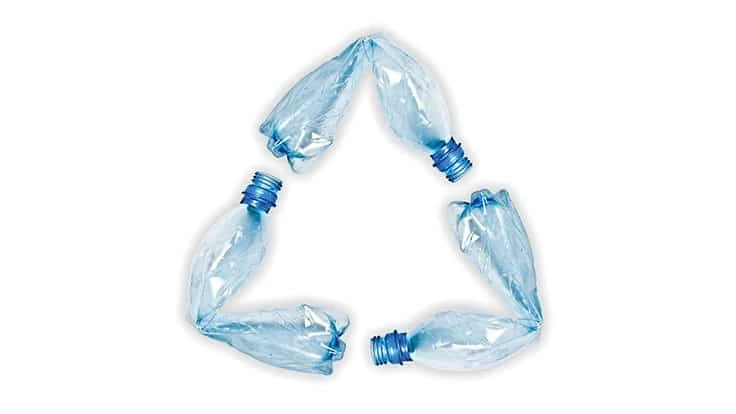
© Kyolshin - dreamstime.com
A growing disconnect between packaging producers and material recovery facility (MRF) operators has created unprecedented challenges for the U.S. recycling industry. Since China has banned imports of certain materials streams, such as mixed paper and postconsumer plastic scrap, conflicting trends in packaging and municipal recycling efforts have revealed flaws in the nation’s recycling model.
Faced with high contamination rates, increasing costs and the volatility of end markets when it comes to pricing and demand, U.S. policymakers and stewardship organizations have been searching for new solutions.
For officials in Oregon—a state that has historically been on the frontline for policies directed at holding producers accountable, such as its container deposit system—signs point toward the adoption of extended producer responsibility (EPR) legislation as a possible means to address these issues.
EPR requires manufacturers to take responsibility for managing their products and packaging at the end of their useful lives, shifting the financial burden of recycling from ratepayers to producers.
Aug. 6, Oregon became the second state to pass legislation establishing EPR for packaging, just behind Maine, which passed similar legislation July 12.
Under the new law, known as the Plastic Pollution and Recycling Modernization Act, brand owners selling packaging, paper products and food service ware into Oregon must join stewardship organizations and pay fees to support the improvement and expansion of recycling programs and infrastructure statewide.
“I think [the EPR law] is important in a couple different ways,” says Pete Chism-Winfield, project coordinator for the Bureau of Planning and Sustainability in the city of Portland, Oregon. “One is having more transparency about what materials are being collected, where they’re going and what they’re getting recycled into is something that the city [of Portland] is very committed to in terms of making sure that they’re recycled responsibly and that there’s a minimum amount of contamination in those.
“The other thing is the funding mechanism or the abilities that the [law] will bring to invest in new equipment. Some of the MRFs in the area have already, in response to National Sword, been investing in adapting to slowing down lines and putting in new equipment to get cleaner streams of material. But having that ongoing—because we know in the recycling world that the materials that we buy and we use are constantly evolving—and to have a funding mechanism that helps the system with it as we move forward is going to be, I think, pretty crucial.”
As states such as Oregon and Maine begin to reshape their recycling models to incentivize more recyclable packaging, Chism-Winfield says he has witnessed a shift in the conversation surrounding EPR laws.
“The tone [and] conversation even six years ago, or even sooner than that, was that EPR can’t work in this country because there is not the political will to do it. And I think that the awareness of some of the plastic pollution around the globe and our contributions to that really shifted that conversation,” he says. “The conversation shifted from ‘Can EPR happen in the county?’ to ‘EPR needs to happen in the country, and how does it happen?’”
With interest among state and federal leaders in EPR legislation experiencing a spike in recent years, Chism-Winfield says he hopes other states won’t wait to begin enacting their own forms of EPR legislation.
“It’d be great to see other states either emulate one of these two models or even create one of their own that fits their state politics and their state system better for them,” he says. “As we know, every region has a different set of variables that influence the system in terms of political landscape, consumers, access to markets and citizens—all those things come into play.”
The fall issue of Plastics Recycling will look more closely at EPR and its potential impact on packaging producers.
Latest from Recycling Today
- Orion ramping up Rocky Mountain Steel rail line
- Proposed bill would provide ‘regulatory clarity’ for chemical recycling
- Alberta Ag-Plastic pilot program continues, expands with renewed funding
- ReMA urges open intra-North American scrap trade
- Axium awarded by regional organization
- Update: China to introduce steel export quotas
- Thyssenkrupp idles capacity in Europe
- Phoenix Technologies closes Ohio rPET facility





